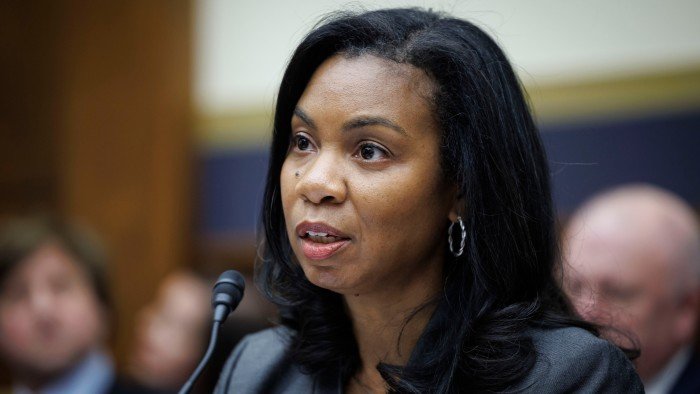Unlock the White House Watch newsletter for free
Your guide to what Trump’s second term means for Washington, business and the world
John F Kennedy was fond of the expression “don’t ever take a fence down until you know the reason why it was put up”. First laid out by English writer GK Chesterton, it is a reminder not to rush reforms through without considering the consequences. There are few better examples of how Donald Trump and his supporters are ignoring this principle than Republicans’ plan to scrap the US audit regulator, the Public Company Accounting Oversight Board.
Under the proposal, included as part of the vast tax and spending bill before Congress, the PCAOB’s responsibilities, which include ensuring and policing audit quality, would be folded into the Securities and Exchange Commission.
The plan may yet fall foul of procedural hurdles. But it is of a piece with other chainsaw-first reforms set in motion since Trump’s return, powered by a belief that all deregulation must be good for business.
They include Trump’s pausing of enforcement of the Foreign Corrupt Practices Act, which prevents Americans bribing foreign government officials to win business, and the gutting of the Consumer Financial Protection Bureau, which protects citizens against bank fraud. Then there is the “reining in” by executive order of independent agencies including the SEC, the Federal Reserve and the Federal Trade Commission, whose two Democratic commissioners have been fired.
These moves raise a question: what is business regulation for? In the case of the PCAOB, the answer is clear. Before the audit regulator came into being, US auditors and audit standards were largely self-regulated. The smug assumption that this was good for the profession and investors was shattered in 2001 when energy company Enron collapsed. Its auditor Andersen, riven with conflicts of interest, disintegrated.
Commenting on changes in audit regulation in 2003, Charlie Munger, Warren Buffett’s business partner and vice-chair of Berkshire Hathaway, said accounting standards had “deteriorated faster than morality in investment banking — and I hate the first more than the second because I expected more of the accountants”.
Having at first resisted the change, big firms mostly see the value of a regulator that prevents a free-for-all and a race to the bottom in audit quality, even though they may carp occasionally about the activism of the board’s current chair, Erica Williams. She said this week she was “deeply troubled” by the draft legislation.
Governments everywhere should submit regulation to regular review, pruning onerous and unreasonable rules. It is also legitimate to examine where regulators sit on a spectrum between encouraging growth and ensuring safety, as is happening in the UK.
In the US, mechanisms already exist to redirect or reform regulation. When an administration changes, a change in leadership of agencies is also expected. The new SEC chair, Paul Atkins, is a conventional Republican choice, who seems set to push through a more incremental shift to lighter-touch regulation. Bigger reforms, such as abolishing the PCAOB, deserve debate in Congress, rather than to be forced through as a line item.
The Financial Times has outlined the dangers to financial markets posed by reckless financial deregulation in the US. Recent history shows the deeper consequences of lax supervision: after Enron’s collapse, and the US and global corporate scandals uncovered in its wake, came the financial crisis of 2008 — which, incidentally, spawned the formation of the CFPB. By hacking wildly at the fences erected after those disasters, Trump and the Republicans could prompt an answer to the “why regulate?” question, by destroying the effective competition that proportionate protection from corporate and financial malfeasance provides.
